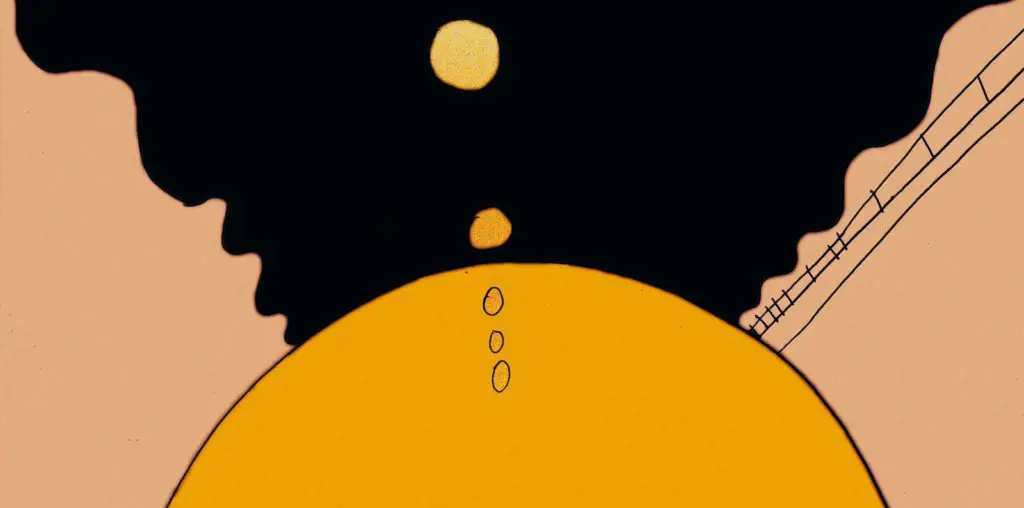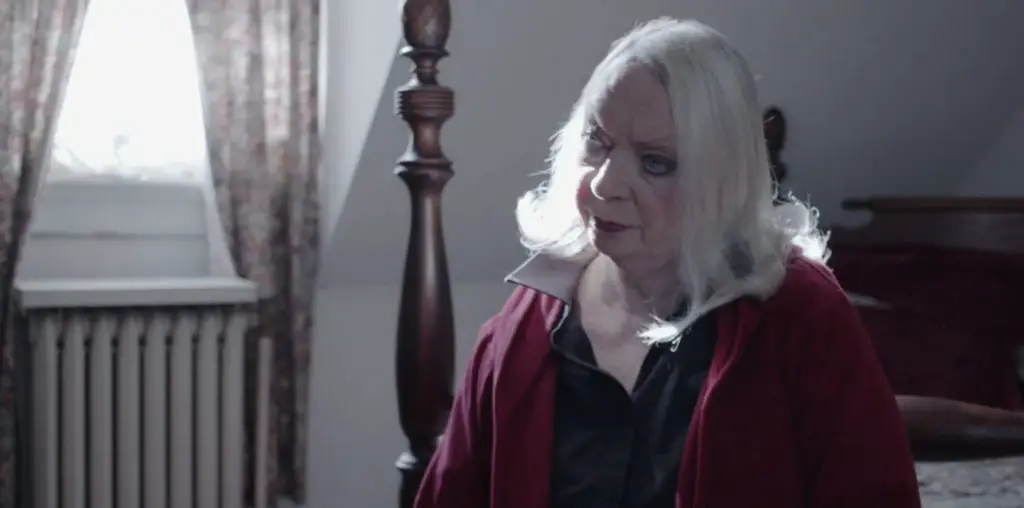
“Reprise” features no bullets, iron-encased superheroes, or explosions, but it thrusts forward like an action film. In fact, it also pulls back, veers to the side, and bounces up, down, and around, defying conventional, linear structure. Filmmaker Joachim Trier introduces us to Phillip (Anders Danielson Lie) and Erik (Espen Klouman-Hoiner), two ambitious, twenty-year old authors about to drop their respective first-book manuscripts into the mail. Through a kind of free-form montage of possible outcomes and best-case scenarios, we see both boys aspiring to greatness in their thoughts – before this rug of optimism is pulled from beneath their feet.
Six months later, reality has set in. Phillip’s first novel is indeed published – to tremendous acclaim. However, his life has taken a downward plunge into psychosis, culminating in the gifted writer’s admission to a mental hospital. Erik, meanwhile, offers support to this fragile friend even as he doggedly continues to shop his own unpublished book.
This premise might sound downbeat, but “Reprise” blasts us with so much stimuli we hardly have chance to breathe, let alone succumb to depression. We’re pushed frantically through dumpy rock clubs, into the arms of girlfriends, and onto the sandy beaches of Norway. A fast-talking narrator funnels additional information into our already-bulging brains.
There’s a rushed, reckless momentum to “Reprise” that simulates that terrifying stage between high school graduation and adult life, when everything’s a blur and nothing is certain. In this sense, Trier has created a more manic, European variation on Barry Levinson’s “Diner.”
What follows is Trier’s perspective on a person’s ability to embrace pursuits both elitist and juvenile, what inexperienced actors can add to a film, and how “Reprise” was impacted by its long film festival run (the movie has been picked up by Miramax for U.S. distribution).
“Reprise” has gradually built momentum through film festival appearances across the world. Is there a common reaction to the film, regardless of where it screens?
In different countries, and at different film festivals, there’s something that comes up every time. The film is very culturally specific – very Norwegian. But we’ve hit a universal nerve of some kind, because it seems lots of people identify with the guys in the movie, or say they haven’t seen a film about those types of guys. The characters have intellectual aspirations, but still do “guy” things.
People can be both highbrow and lowbrow…
That’s it! Isn’t that the way it really is? That’s what we wanted to show. When you say someone is an “Intellectual Author,” the image is of a guy with dandruff on his shoulders, incapable of having a conversation. The reality is that these guys are more complicated. They might be talking about some French philosopher, then a beautiful girl comes by and they are thinking of something else.
You made some interesting casting choices for “Reprise.” Is it true that Anders Danielson Lie, who plays Phillip, is a doctor in real life and had no acting experience at the time of filming?
Yes. At the time of casting, he was doing an internship field experience as part of his education, working in a psychiatric institution, which was timely. I’m not a big believer in improvisation. Having said that, I also feel a filmmaker must have open space for actors to bring some of themselves into it. Espen, who plays Erik, was an advertising copywriter who had a little bit of acting experience. After the film, he enrolled in the National Theatre School of Norway, and is now training as an actor. He made up his mind to act, which, ironically, is what the film is all about.
Music is a big part of “Reprise.” Its characters enjoy clubbing and punk rock. Can you describe the Norway music scene and how it influenced your film?
A lot of American punk has influenced Norwegian music. Much of it was a particularly humorous, ironic type of punk band that emerged in the nineties, as a reaction to the more politicized bands of seventies. Some examples were Dead Kennedys, and Turbonegro.
Your film has won acclaim playing the festival circuit, including the Toronto Film Festival’s Discover Award. What influence do these appearances and awards have on independent cinema?
It’s important for films like “Reprise” to be invited to film festivals. This allowed it to travel to different territories. It eventually sold commercially to thirty countries. It’s also important for people to go to lesser-known movies at film festivals. It’s not necessarily a sign of quality that a film opens in every theater.
“Pulp Fiction” and “Memento” made it popular and fashionable to break through linear chronology, and tweak the order of scenes in a film. “Reprise” goes even further, using scenes that suggest what might happen in the future, or how a situation from the past could have played out differently. What inspired this style and approach?
The works of French director Alain Resnais, including “Hiroshima Mon Amour,” were an influence, as was “The Limey” by Steven Soderbergh. I was fascinated by that film’s ability to actually show someone thinking. I was also influenced by Nicolas Roegg’s “Don’t Look Now.” Generally, I’m interested in the fact that lot of our time is spent being aware of how we should say something, or how things could be.
How would you describe Norway’s current filmmaking industry?
At moment, Norway is a good climate for filmmaking, with some new people emerging. If “Reprise” can help create a curiosity about Norwegian cinema, this makes me very happy.

